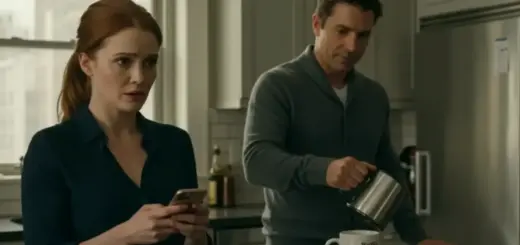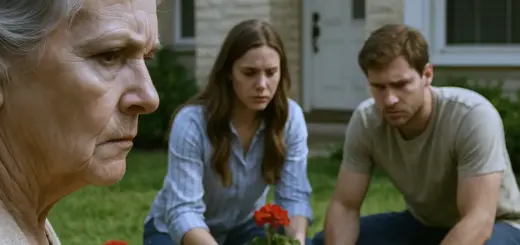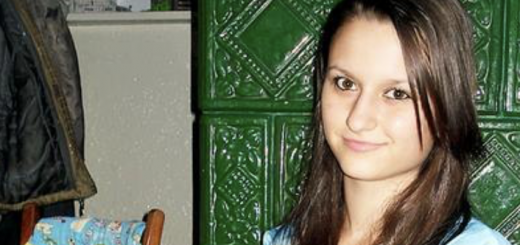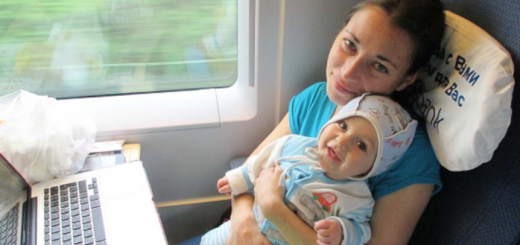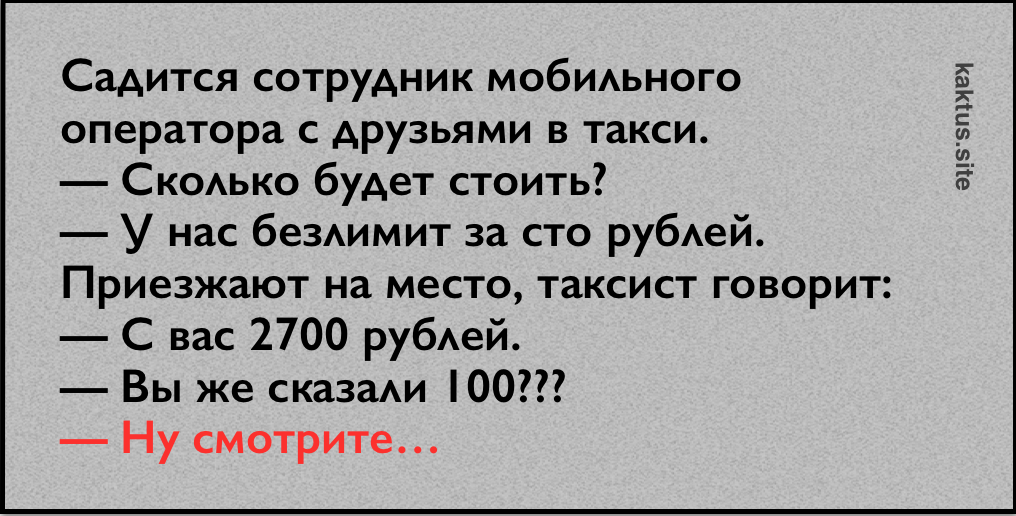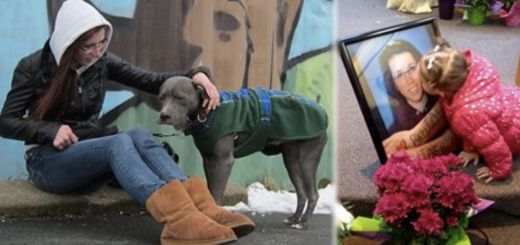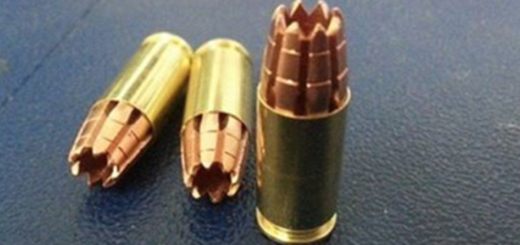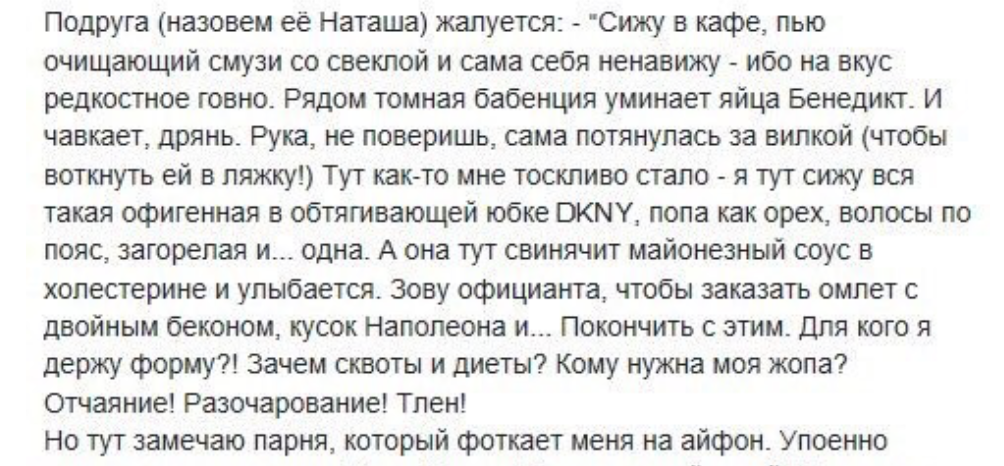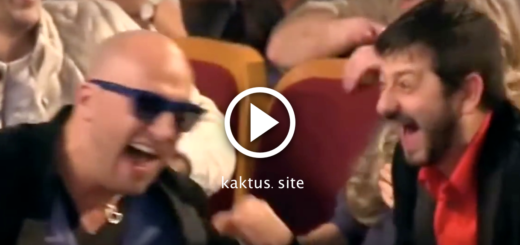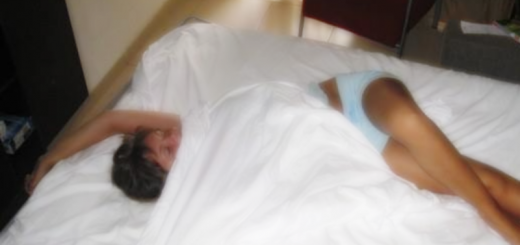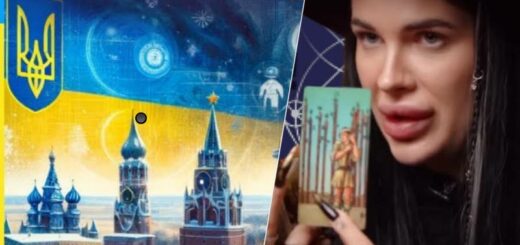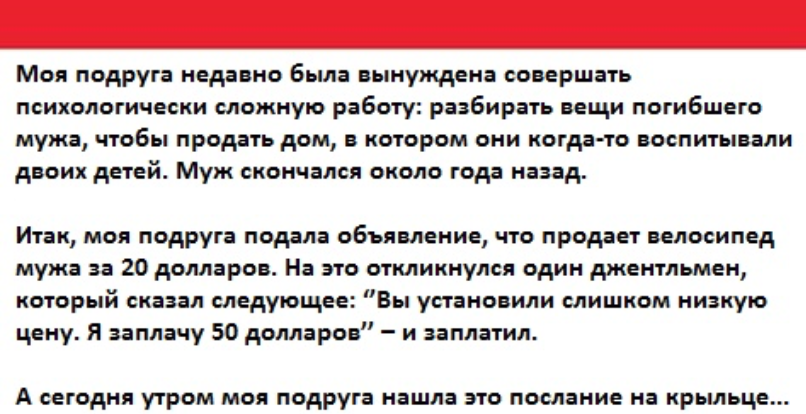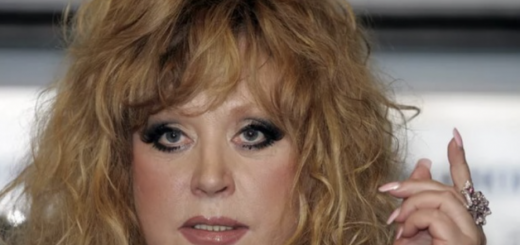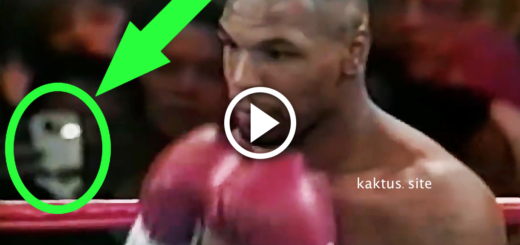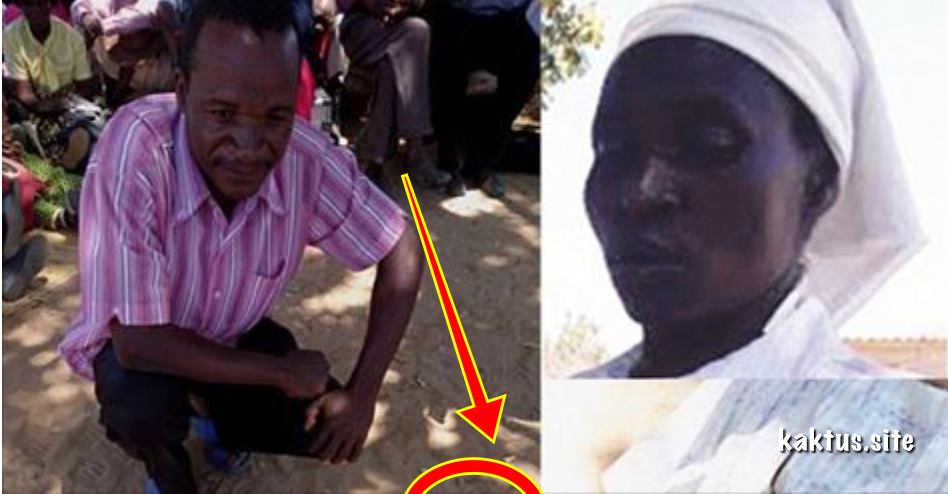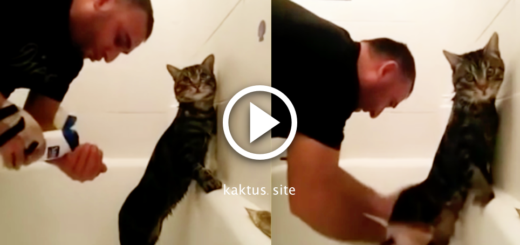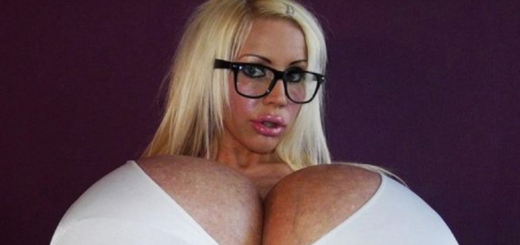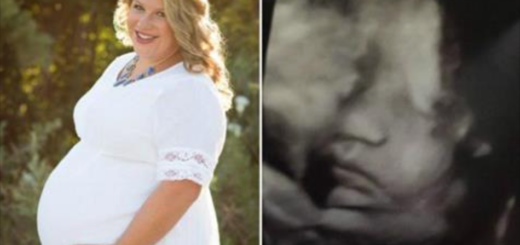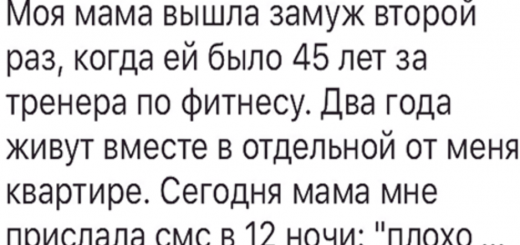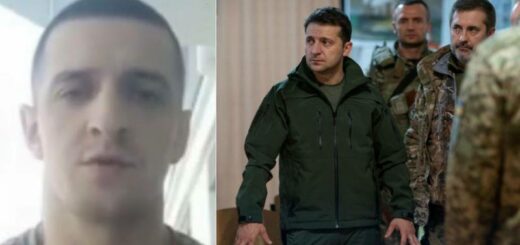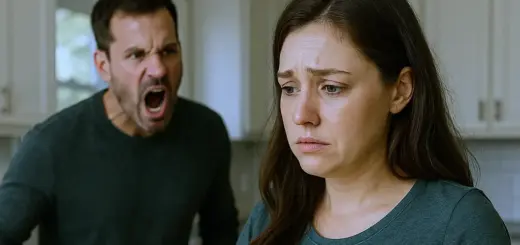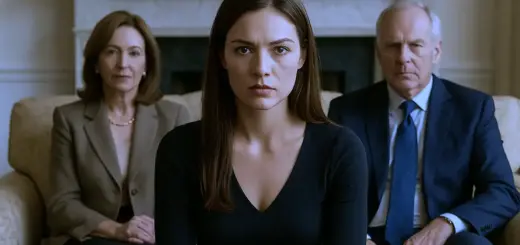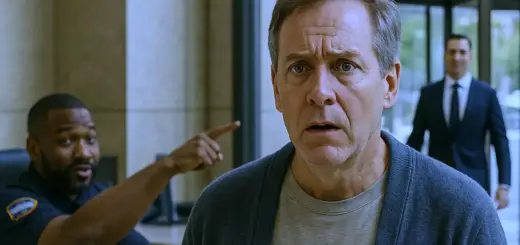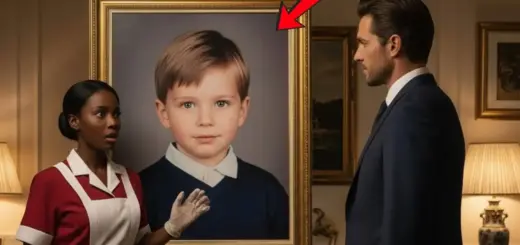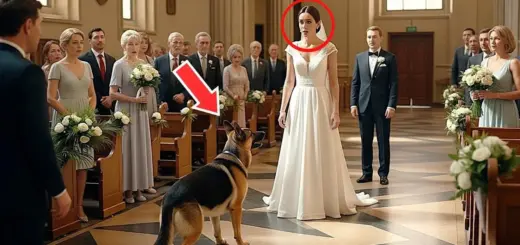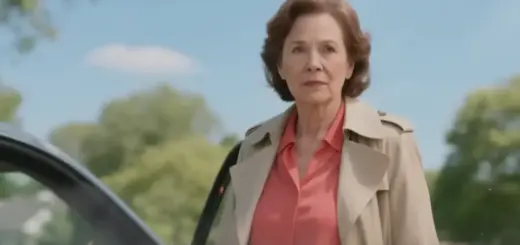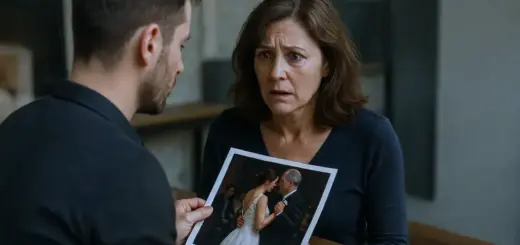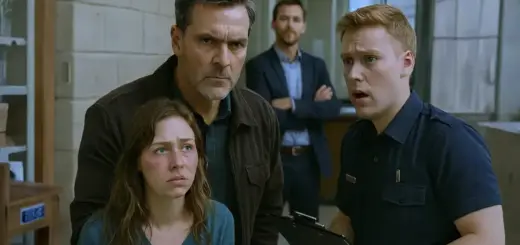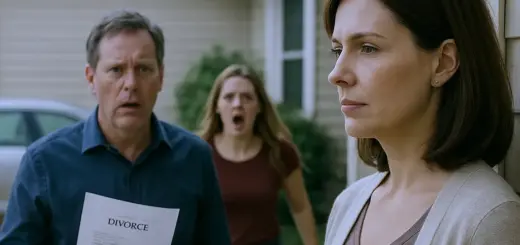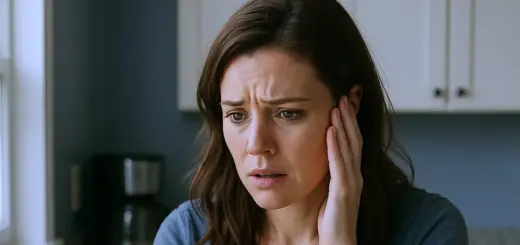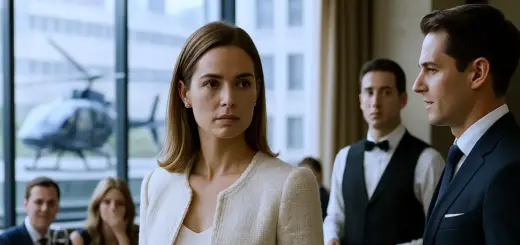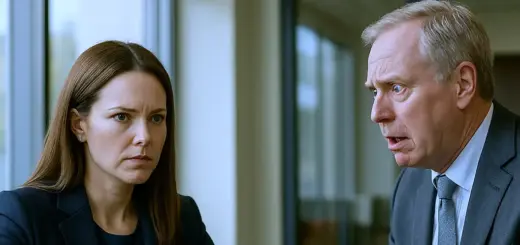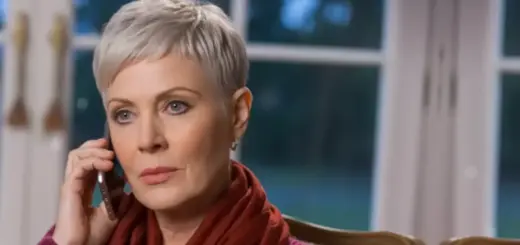The garage door rumbled open at 6:15 PM. Eleanor was home early, unusual for a Thursday. I closed the laptop quickly, my heart hammering as I heard her heels on the kitchen tile.
— You’re home early, I said, hoping my voice sounded normal.
She looked beautiful, I realized with a sharp pang. She’d refreshed her makeup, her hair was perfectly styled, and she was wearing the black dress I’d bought her for her birthday last year. The dress she’d said was «too fancy for everyday wear.»
— I managed to wrap up early for once.
— She moved past me to the refrigerator, her perfume trailing behind her.
— I thought maybe we could grab dinner out tonight. It’s been forever since we did anything spontaneous.
The lie was so smooth, so perfectly delivered, that I almost believed it myself. If I hadn’t seen the calendar invitation, I would have been thrilled by her suggestion. I would have rushed to change clothes, grateful for this unexpected attention from my successful, busy wife.
— Where did you have in mind? I asked.
— Oh, I don’t know. Maybe that new sushi place on Westheimer, or we could try something completely different.
— She was checking her phone as she spoke, her fingers moving quickly across the screen. I watched her type, wondering if she was texting David. Was she canceling their dinner, rescheduling, or was this part of some elaborate game I couldn’t even begin to understand?
— Actually, she said, looking up from her phone with apparent disappointment,
— I just remembered I have that conference call with the Tokyo office. It totally slipped my mind.
— She shook her head ruefully.
— Rain check.
— Of course.
— The words came out automatically, but inside something cold and hard was crystallizing.
— What time is your call?
— Seven-thirty. Could run until nine or ten. You know how these international things go.
— She was already moving toward the stairs, toward our bedroom.
— I’ll probably just grab something quick on my way back to the office.
I nodded, playing my part in this elaborate deception.
— I’ll make myself something here.
— She paused at the bottom of the stairs, looking back at me with what appeared to be genuine affection.
— You’re so understanding, Mark. I don’t know what I’d do without you.
The words that should have warmed my heart instead felt like ice picks. How many times had she said variations of this while preparing to spend the evening with another man?
I watched her climb the stairs. Twenty minutes later she came back down wearing a navy blouse and dark slacks, professional but attractive. Her makeup was perfect.
— I’ll try not to be too late, she said, kissing my cheek.
— Take your time. I’ll probably turn in early anyway.
— She gathered her purse, her laptop bag, her keys. The same routine I’d watched thousands of times, but now I knew I was watching an actress preparing to leave one performance for another.
The house felt different after she left, not empty but haunted. Every familiar object seemed to mock me.
At 8:30 PM, I found myself driving down the 610 Loop. I told myself I was just going to the grocery store, that this route was perfectly normal, but when I saw Eleanor’s silver Lexus in the restaurant parking lot at Pappas Bros., parked next to a dark Mercedes I assumed belonged to David, the last thread of hope I’d been clinging to snapped.
They were in there right now, sharing the same kind of intimate dinner I thought was exclusive to our marriage.
I drove home in a daze, the weight of my new reality settling around me. My wife of twenty-eight years was living a double life so complete, so seamlessly integrated, that I’d been completely blind to it.
But perhaps the most shattering realization was this: I had no idea how long I’d been living this lie, and I had no idea what to do about it.
The revelation came three days later, in the most mundane way possible. I was cleaning out the junk drawer in the kitchen when my fingers closed around a key I didn’t recognize. It was brass, attached to a keychain from CityCentre Living, a high-rise complex across town.
I stared at it. We owned our house outright. Neither of us had any reason to have an apartment key, let alone one from a complex thirty minutes away.
That afternoon, while Eleanor was at what she’d called a «client presentation,» I drove to CityCentre. The complex was nice, upscale but not ostentatious, the kind of place where successful professionals might keep a discreet second residence.
I sat in my car, staring at the key and wondering if I really wanted to know what door it opened.
The answer came when I saw David’s Mercedes pull into a numbered space. I watched him get out, carrying a grocery bag and dry cleaning. He moved with the easy familiarity of someone coming home. When he disappeared into Building C, I waited exactly ten minutes before following.
The key fit perfectly into Apartment 214.
The door opened onto a life I never knew existed. It wasn’t a temporary hiding place. It was a home. A fully furnished, lived-in home with photos on the mantle, books on the shelves, and Eleanor’s favorite throw pillows arranged on a couch I’d never seen before.
But it was the photos that destroyed me completely.
Eleanor and David at what looked like a company Christmas party, his arm around her waist in a possessive, intimate way. The two of them on a beach I didn’t recognize, both tanned and relaxed, Eleanor wearing a sundress I’d never seen. David kissing her cheek while she laughed, her left hand visible and notably bare of the wedding ring she wore at home.
I moved through the apartment like a ghost. In the bedroom, Eleanor’s clothes hung next to David’s in a shared closet. Her perfume sat on the dresser next to his cologne. The bathroom held two toothbrushes, her contact solution, the expensive face cream she claimed was «too costly» to repurchase when she’d run out six months ago.
On the kitchen counter, I found the most devastating evidence of all: a folder labeled Future Plans in Eleanor’s handwriting.
Inside were house listings in David’s name, vacation brochures for trips I’d never heard her mention, and a business plan for expanding Meridian Technologies with David listed as CEO and Eleanor as President.
But at the bottom of the folder was something that made my hands shake: a consultation summary from Cohen & Associates Family Law. The letterhead was familiar; they had handled our will updates five years ago.
According to the summary, Eleanor had met with them twice in the past four months to discuss «optimal divorce strategies for high-asset individuals.»
The document outlined her approach in clinical detail. She planned to file for divorce citing irreconcilable differences and «emotional abandonment.» The strategy involved establishing a pattern of my alleged emotional unavailability, supported by what the lawyer called «lifestyle incompatibility evidence.»
According to this plan, my preference for quiet evenings at home would be presented as social isolation. My satisfaction with my small accounting practice would become «lack of ambition.» My contentment with our modest lifestyle would be reframed as «inability to support her professional growth.»
But the most chilling part was the timeline. Eleanor had been planning this divorce for at least two years, carefully documenting instances of what she called my «withdrawn behavior.» She’d been creating a narrative of our marriage that painted me as an inadequate husband.
The woman I’d been living with, loving, trusting, had been systematically building a case against me while I remained completely oblivious.
I sat on their couch, surrounded by evidence of their shared life, and tried to process the magnitude of the deception. This wasn’t just an affair. This was a calculated replacement of one life with another. David hadn’t just stolen my wife; he’d systematically assumed my role while I was gradually being written out of the story.
My phone buzzed with a text from Eleanor.
Running late tonight. Don’t wait up. Love you.
Love you. The same words she’d probably texted me from this very apartment, maybe while David was cooking dinner in their kitchen.
I photographed everything with my phone, my accountant’s mind automatically creating the documentation I’d need later. The photos, the legal documents, the evidence of their shared residence. But as I worked, a strange calm settled over me. For three days I’d been tormented by uncertainty. Now I had answers.
When I got home, I found Eleanor’s laptop open on the kitchen counter again. This time, I didn’t hesitate. I opened her email and found correspondence that confirmed everything. Messages between Eleanor and David discussing «when to make the transition.» Communications with her lawyer about «preparing Mark for the inevitable changes.»
Even emails to our mutual friends, subtly preparing them for what she called «some difficult decisions I’ll need to make about my marriage.» One email to her sister, Sarah, dated just two weeks ago, was particularly devastating.
Mark’s been so distant lately. I think he’s going through some kind of midlife crisis, but he won’t talk about it. I’m trying to be patient, but I can’t sacrifice my own happiness indefinitely. David thinks I should consider all my options.
Reading this, I realized that Eleanor hadn’t just been living a double life. She’d been actively rewriting our marriage history to justify her planned exit.
That night, Eleanor came home at nearly 11:00 PM, apologizing for her «late evening with client entertainment.» She kissed my cheek and asked about my day, the same routine. But now I could see it for what it was: a performance.
— How was the client dinner? I asked, testing her reaction.
— Productive, I think. We’re trying to land this big contract. David was there too, of course, since he’ll be managing the account if we get it.
— David was there too. Of course he was.
— That’s good, I said. You and David work well together.
— Eleanor paused, cup halfway to her lips.
— We do. He really understands the business side of things. He’s been instrumental in some of our biggest wins lately.
— I nodded, playing my part. But inside, I was calculating.
As I lay in bed that night, listening to Eleanor’s peaceful breathing beside me, I realized that the woman I’d been married to for twenty-eight years was essentially gone. The question now wasn’t whether my marriage was over. The question was whether it had ever really existed at all.


